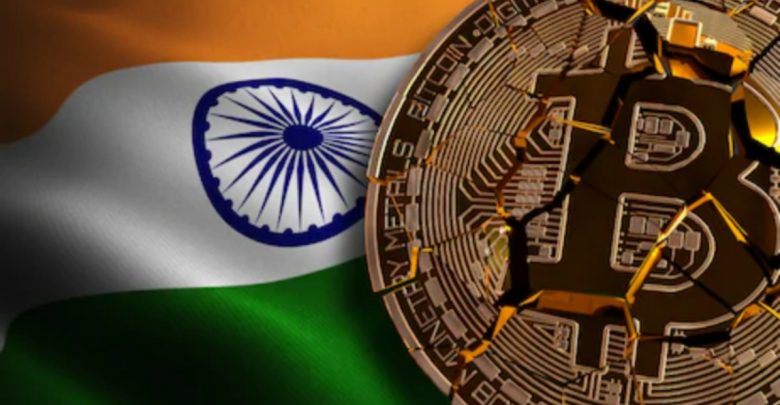For the Indian financial markets, the National Payments Corporation of India (NPCI) has been charged with drafting legal guidelines for the buying and sale of virtual digital assets (VDAs).
In reaction to NPCI’s “verbal directions,” the Economic Times reported that banks had turned off their Unified Payment Interface (UPI) speedy payment option.
While this may be true, according to an article, banks have raised the issue with their regulators.
Bank account holders can send and receive money using their cellphones, removing the need to enter bank account information or net banking user ID and password into their PCs or laptops.
However, it looks that NPCI will not be issuing a formal directive at this time. According to an NPCI representative, “no plans” to release a circular are currently in place.
This reluctance can be related to the legal issues that would develop if an official ban was imposed, according to bankers. Cryptocurrencies and Virtual Digital Asserts (VDAs) will likely launch a legal challenge if the Reserve Bank of India (RBI) issues a formal circular prohibiting the use of UPI for cryptos or Virtual Digital Asserts (VDAs), a banker said.
Brain Drain Affects India
In addition, according to reports, two co-founders of cryptocurrency exchange WazirX have relocated to the Middle East due to a lack of regulatory clarity.
In his opinion, the Budget provided some positive signals in terms of the government recognizing the need for a long-term framework, which should begin with taxation. However, the reality is still “tricky,” according to Nitin Sharma, the co-founder and partner of venture capital firm Antler “for a large number of people
The VC and startup communities have been arguing since 2017 that, while the government’s concerns about the risks posed by crypto assets are valid, there are ways to create regulatory mitigants, such as through a regulatory sandbox approach that allows for certain exceptions for India-based developers who are building infrastructure for Web 3.0, among other things.” “In addition, the vast majority of Web 3.0 founders continue to establish their businesses in Dubai or Singapore, according to him. As Sharma points out, “the brain drain has not slowed.”
Regulations Are Needed For People To Invest Cries Citizens
“India is seeking cryptocurrencies with restrictions because people want to invest but cannot do so due to a lack of legislation,” WazirX vice president Rajagopal Menon recently noted. People in India want to invest in cryptocurrencies but can’t do so because of the lack of rules, Menon said.
In addition, he voiced concern that the new tax structure could result in smaller exchanges losing out as a result of a decrease in trading activity. “When it comes to bitcoin exchanges in India, policies are conservative and entrepreneurs desire the opportunity to experiment,” the executive said. Inventors are fleeing to countries like China and India, where regulations come first, followed by innovation.
Web 3 Could Be A Key For The Regulation Not Taken Place
Arjun Reddy, Chief Technology Officer of Guardian Link, a technology framework for the NFT ecosystem, believes that India stands a good danger of “losing this revolution.” “Web 2.0 has grown slowly, but Web 3.0 is gaining ground quickly. As a result, we will have to act quickly. The absence of an Infosys of Web 3.0 is what I would like to see in India. Ideally, I would like India to be the Google of Web 3.0 “It is his contention that the government’s stance on the Web 3.0 transition is the only reason the change has not taken place in India thus far.
